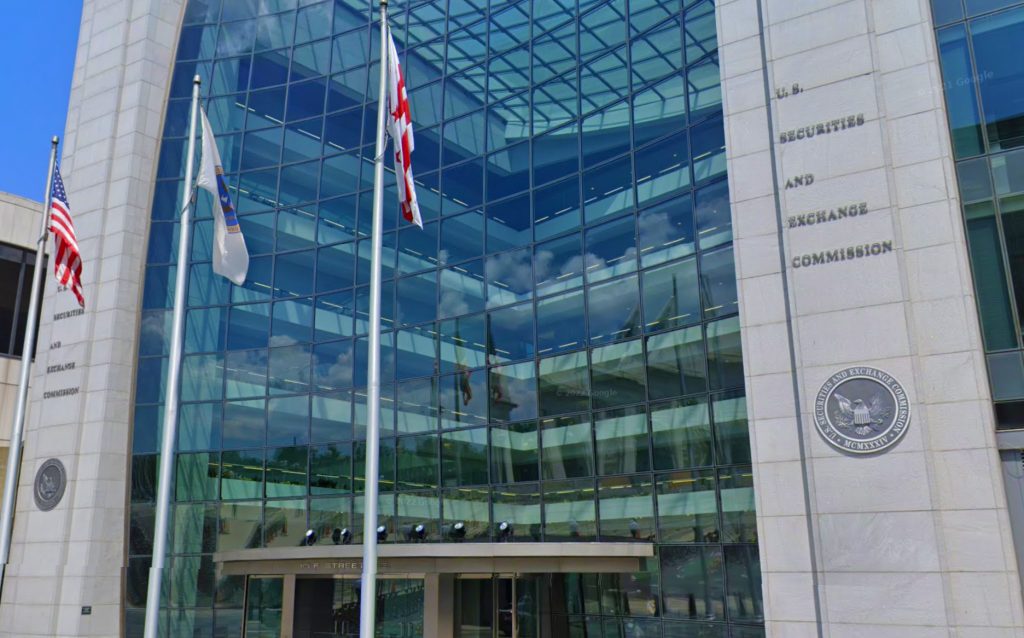
Answers to Frequently Asked Questions
Securities fraud comes in many forms, from false statements in documents filed with the Securities and Exchange Commission (SEC) to Ponzi schemes designed to steal millions of dollars from unsuspecting investors. Because many of these frauds are difficult to discover, the SEC pays financial rewards to whistleblowers who come forward with information to help their investigations. The rewards are substantial – often in the millions of dollars.
What is the SEC Whistleblower Program?
The SEC whistleblower program was created by the Dodd-Frank Act in 2010. Whistleblowers who report wrongdoing to the Securities and Exchange Commission are entitled to a financial reward if the government recovers more than $1 million as a result of the whistleblower’s information. SEC whistleblowers are also entitled to legal protections against retaliation by their employer.
Who can become an SEC Whistleblower?
Anyone who has information about corporate wrongdoing is eligible to become an SEC whistleblower. You do not have to be a U.S. citizen or resident to file a whistleblower claim and receive a whistleblower reward. The protections against retaliation, however, only apply within the U.S.
How much does an SEC Whistleblower receive as a reward?
Whistleblowers who help the government collect at least $1 million are entitled to a reward of between 10 percent to 30 percent of the amount recovered as a result of the whistleblower’s information. Once the SEC recovers more than $1 million, the SEC whistleblower is also entitled to a percentage of the amounts recovered in related cases by other government agencies.
How does the SEC calculate the amount of an SEC Whistleblower’s reward?
When calculating the amount of an SEC Whistleblower’s reward, the SEC is required to consider: the significance of the information and evidence provided by the whistleblower; the assistance provided by the whistleblower and the whistleblower’s attorney; and the importance of the case to the SEC’s efforts to deter violations of the securities laws.
What legal protections are available to SEC Whistleblowers?
An employer may not fire, demote, suspend, threaten, harass, or discriminate against an individual who provides information to the SEC or assists in an SEC investigation. SEC Whistleblowers who suffer from retaliation may sue for reinstatement and damages. The SEDC may also bring legal actions against an employer who retaliates against an SEC Whistleblower.
Can an SEC Whistleblower remain anonymous?
The SEC Whistleblower program is extraordinary because it allows whistleblowers to remain anonymous. The claim is filed through the whistleblower’s lawyer, who verifies to the SEC that the lawyer knows the identity of the whistleblower. Even if you do not remain anonymous, the SEC will do its best to protect your identity. The decision whether or not to remain anonymous will depend on your particular facts and circumstances.
What types of claims have resulted in significant whistleblower rewards?
Whistleblowers can report any conduct that constitutes a violation of the securities laws. Some of the most common whistleblower claims involve Ponzi schemes, accounting fraud, violations of the Foreign Corrupt Practices Act (FCPA), and money laundering
How can an experienced SEC whistleblower lawyer help?
The SEC receives thousands of whistleblower claims every year. To help your claim stand out from the crowd, you need an experienced whistleblower lawyer who will invest in the time, expertise, and resources necessary to develop all of the evidence and arguments before your claim is submitted to the SEC. Thorough preparation and knowledge of the law increase the chances that the SEC will pursue your claim and grant a higher whistleblower reward.
If you have evidence of corporate wrongdoing, call The Howley Law Firm today at (212) 601-2728. An experienced whistleblower lawyer will assess your case and explain your options. If you have a strong case, we will represent you on a contingency fee basis – we will not be paid any legal fees unless you win a whistleblower reward.




